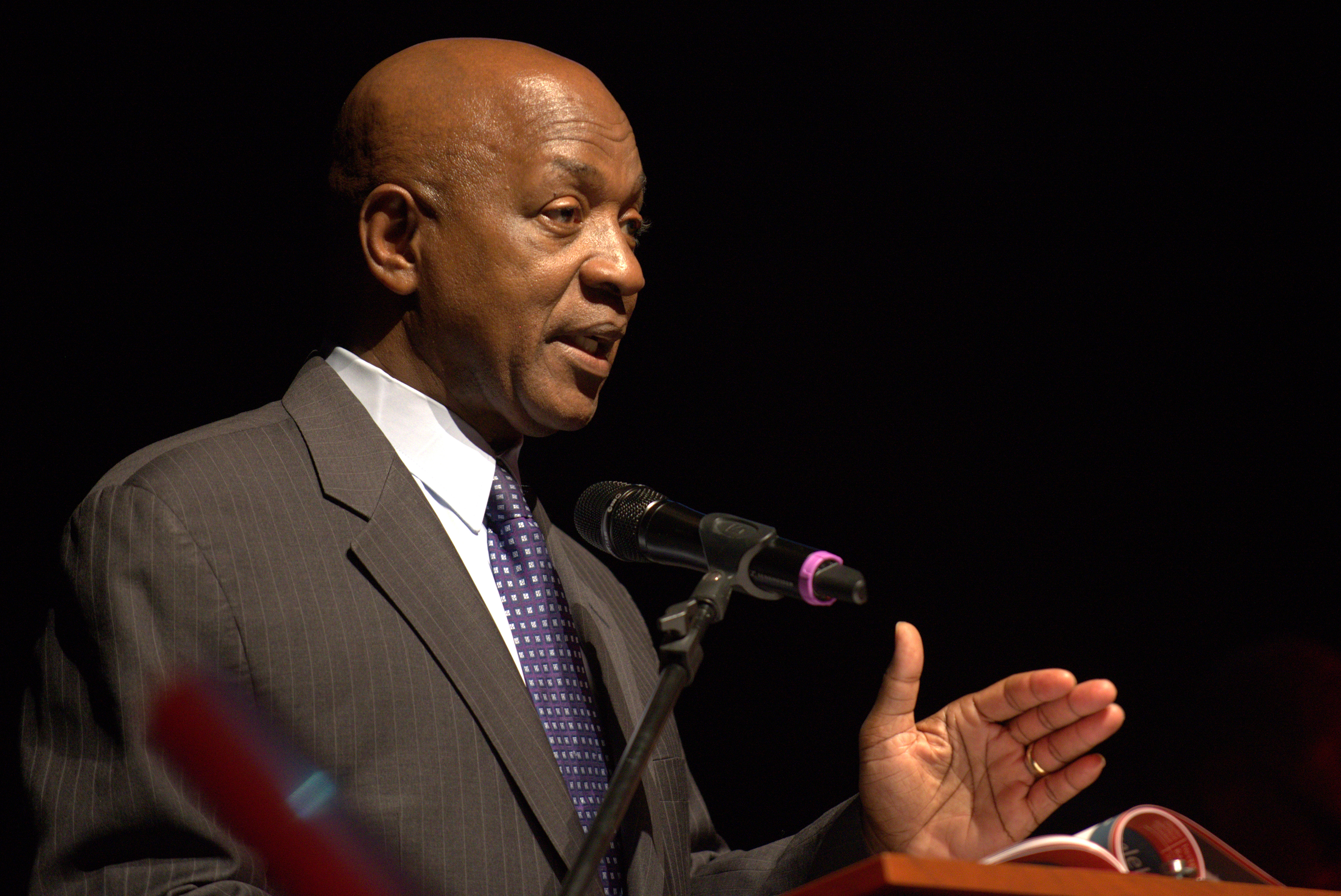
Recently, I was diagnosed with early-stage Alzheimer’s. It was something I had not anticipated and, at first, I did not know how to respond to it.
Should I allow myself to become despondent amid this challenge? No–today, just as I have fought and advocated for civil rights and justice for America’s communities of color over the course of decades, I will join the efforts of others raising awareness about the illness and fighting for a cure.
I am grateful for the support of my family, friends, and colleagues, and especially grateful for my wife, Pamela, in joining me in the steps I have already taken and the journey that lies ahead—one that has led me to take a stand and ally myself with the fight for a cure to Alzheimer’s.
While the causes of Alzheimer’s are currently not well-understood, it is my sincere hope that Alzheimer’s disease will continue to be part of a national conversation on healthcare.
At this very moment, research is being carried out across the country and around the world to better understand and treat Alzheimer’s disease. The scientific community, including the community of medical researchers here at Harvard University, continues to make gains. These advances allow for better treatment of Alzheimer’s and have improved the lives of millions. However, these gains cannot come quickly enough.
I’ve learned that Alzheimer’s is the 6th leading cause of death in the US and more than 5 million people are living with the disease. That number is growing as our population ages and greys.
Like many illnesses, Alzheimer’s has a greater impact on the Black community. Studies show that African-Americans are almost twice as likely as whites to develop the disease.
I have hope despite this. I’ve made up my mind to be thankful for what I have rather than focus on what I may lose. I’ve made up my mind not to complain about the illness, but to find purpose in it. The grace of God and my faith in God enables me to respond this way.
I will not give up in the face of this challenge. I plan to remain a member of the Harvard Law School faculty and continue to speak and write for as long as I am able. I will stay engaged in, and support, the Charles Hamilton Houston Institute for Race and Justice, an institute I founded over a decade ago at the Law School that is dedicated to eliminating racial bias and discrimination in our society.